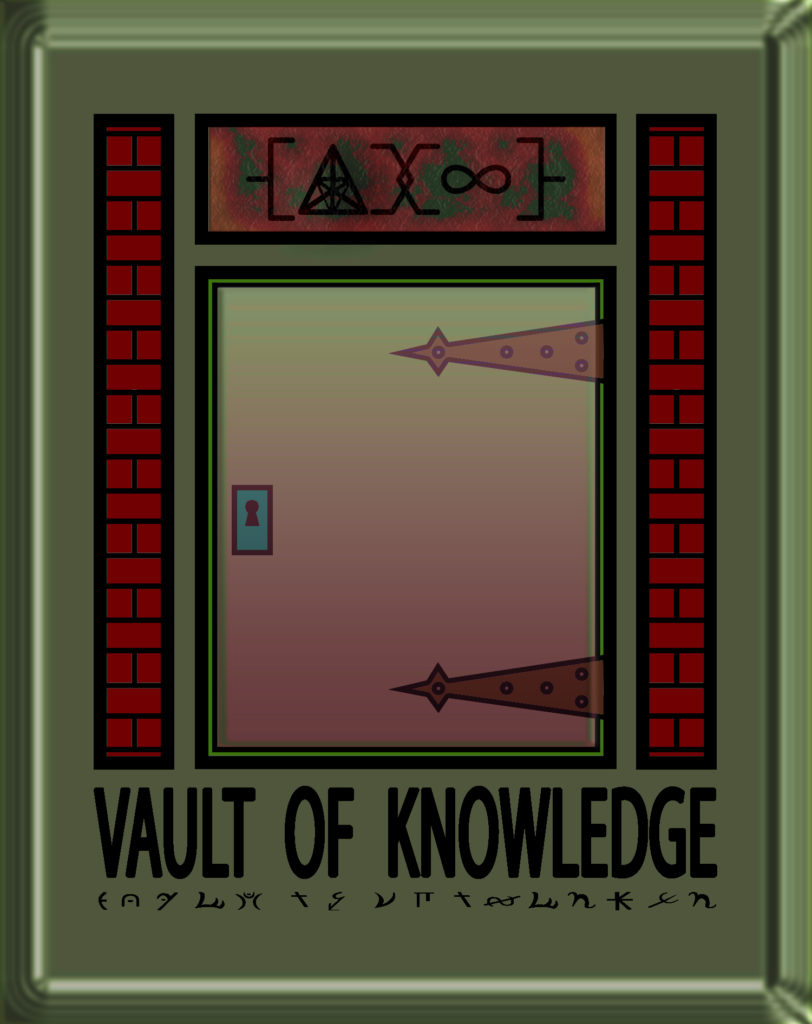There’s something to be said about a good epic, the kind that spans several volumes. But for the writer, that involves a lot of planning ahead. For myself, I have written a fantasy ep;ic that spans 13 novels, 5.2 million words, and about 250 characters, as well as a smaller Sci-Fi epic at 5 novels, 1.3 million words, and fewer characters than the other. The point is, I have a lot of experience planning, plotting, and writing epics, and thought I could pass along a few tips to you.
The first thing is to decide how much of your epic needs to be plotted ahead of time, or for that matter how many volumes to divide your epic into. The answer to both questions is the same. You must first make up a very general outline of your entire epic. Just enough details to nail down your beginning, end, and all the key turning points that will happen along the way. No need to completely flesh things out to the least little detail, more in the way of Cliff Notes of what you intend to outline in more detail later on.
At this level, the outline notes you’re jotting down could most likely each represent an entire book. Example: Book 1 could be “characters meet, go on their first journey and end up finding out the secret of the Dragon Gem and the real evil in the world.” The next note could be “Hunt for the First Dragon,” then the next one “The War”. In this example, each of these notes represents an entire book, though that last one could actually be two books if you want “The War” two be a two-parter. The point is, you start off with just enough to get an idea how things are going to go and where to draw the boundaries. It may not even take up more than a couple of paragraphs.
The next step then is drawing those boundaries. Decide which notes should belong to which volume in your series. You don’t even have to name the books yet, just numbering them is fine. Now you have something to work from. When you start a given book, then you must outline that book in a lot more detail before you begin writing it.
The writing of the individual books is the subject of other posts and well covered across the ‘Net; the subject here is the multi-volume aspect of things. One of those aspects is lots of note keeping. Any major plot developments, new characters, some vow one of the characters made, anything that might possibly have an influence upon something later on in the series. Even the minor things, ESPECIALLY the minor things. What makes a good epic is seeing an author who doesn’t forget the little things and how they can influence character and plot in sometimes subtle ways. For instance, if someone picks up an annoying habit like burping every time he’s nervous then note it down. Anything at all, gets noted down for later reference.
To help this process, a database is essential. Record your characters in one, and along with the standard notes of their description and what not, this is a good place to record any changes that happen to them in the books and makes it easier to reference later on. I use a database as well as a text file for other running notes. Just make sure you record enough information to remind you of the circumstance of the note in question.
There is one last piece of prep-word you should do before starting your first novel in the series. Any and all background details of your world, including a dictionary of local words if you have one, a list of races, whatever you need to at least start out that first book. If there is some background detail that won’t be required until a later book, then you can put that off until you need it. Of course you can always add to these details as you go along, but just make sure you have enough to start things off.
The best thing to remember about writing a multi-volume epic is that what you are doing is essentially composing one very long book, with each novel being as like a really large chapter in that book. Look at it that way and even the most voluminous of epics can be handled.







 Users Today : 261
Users Today : 261 Total views : 4024004
Total views : 4024004 Who's Online : 6
Who's Online : 6

